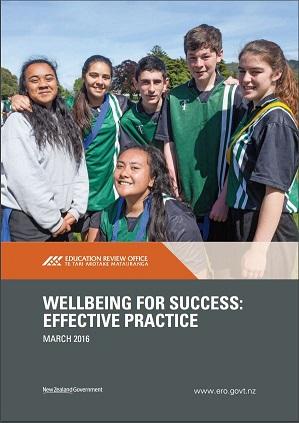Purposeful education pathway
Published: 04 Sep 2017
The setting of academic goals that build toward purposeful educational pathways and career options begins early at McAuley High School and supports student choices throughout their schooling.
- Audience:
- Education
- Parents
- Schools
- Content type:
- Research
- Topics:
- Improvement
- Relationships
- Evaluation
- Curriculum
- Teaching
- Video
- Improvement in Action Te Ahu Whakamua


